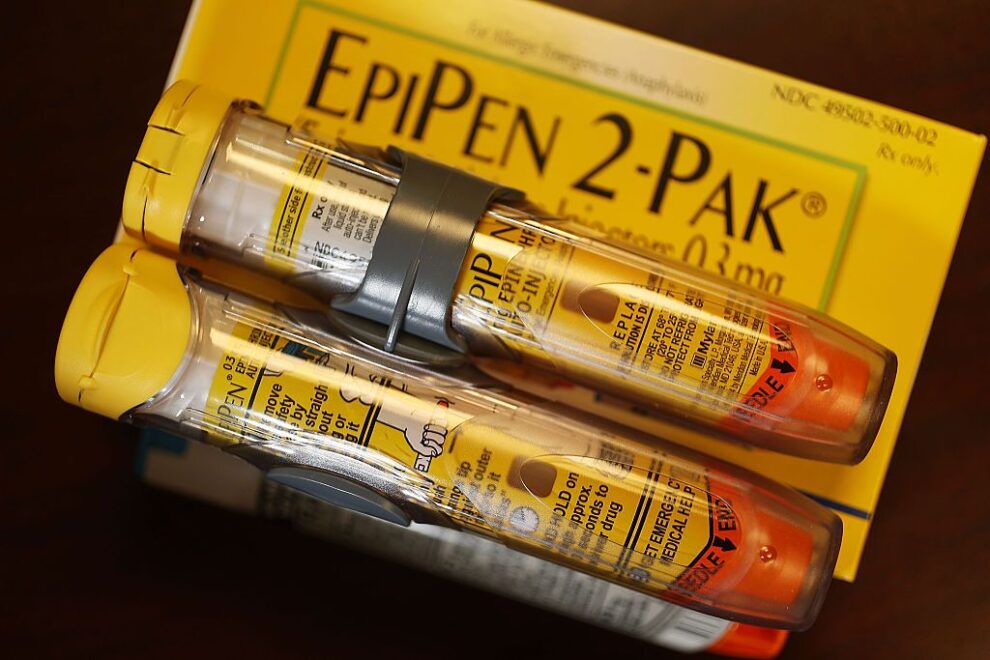The number of people being admitted to hospital in England for life-threatening allergic reactions has more than doubled in the past 20 years, figures show, with an even higher rise in food-related cases.
There were 25,721 admissions to English hospitals for allergies and anaphylaxis in 2022-23, more than double the 12,361 two decades before, according to data obtained by the drugs regulator the Medicines and Healthcare products Regulatory Agency (MHRA). For food-related anaphylaxis and other adverse reactions, the figures increased from 1,971 admissions in 2002-03 to 5,013 last year.
Anaphylaxis, a life-threatening allergic reaction caused by food, medicine or insect stings, appears to be on the increase.
Symptoms of anaphylaxis, which is also known as anaphylactic shock, come on rapidly and include swelling of the throat and tongue, difficulty breathing or breathing very fast, difficulty swallowing, wheezing, coughing or noisy breathing, feeling confused, dizzy or fainting, a swollen, raised or itchy rash and blue, grey or pale skin, lips or tongue.
In 2018, 15-year-old Natasha Ednan-Laperouse died after eating a Pret baguette containing sesame. Her mother, Tanya Ednan-Laperouse, who co-founded the Natasha Allergy Research Foundation, said: “These figures released from the MHRA are sadly not surprising; we are facing an allergy epidemic with the numbers of people being hospitalised for anaphylaxis, and notably food-related anaphylaxis, rising year after year after year.
“The largest increase in food allergy diagnosis has been in children 15 and under, and now we are seeing between one and two children in every classroom living with a diagnosed food allergy.
“It is time for the government to prioritise allergy medical research, treatment and care within the health system, starting by appointing an allergy tsar to develop a national allergy strategy.”
The MHRA said it had strengthened its guidance on how to respond to anaphylaxis, including the use of adrenaline auto-injectors (EpiPen and Jext), which are prescribed to people at risk of anaphylaxis.
People should, in this order: use their auto-injector pen immediately if they have any signs of anaphylaxis; immediately dial 999 and say anaphylaxis; lay down flat and raise their legs (or if pregnant, lay on the left side); stay lying down even if they feel better, and use a second auto-injector if they have not improved after five minutes.
Laura Squire, the MHRA’s chief officer for healthcare quality and access, said: “These figures highlight just how serious the consequences of allergies can be, and the rising numbers of hospitalisations highlight the need to know how to act in an emergency.”
Source: The Guardian











